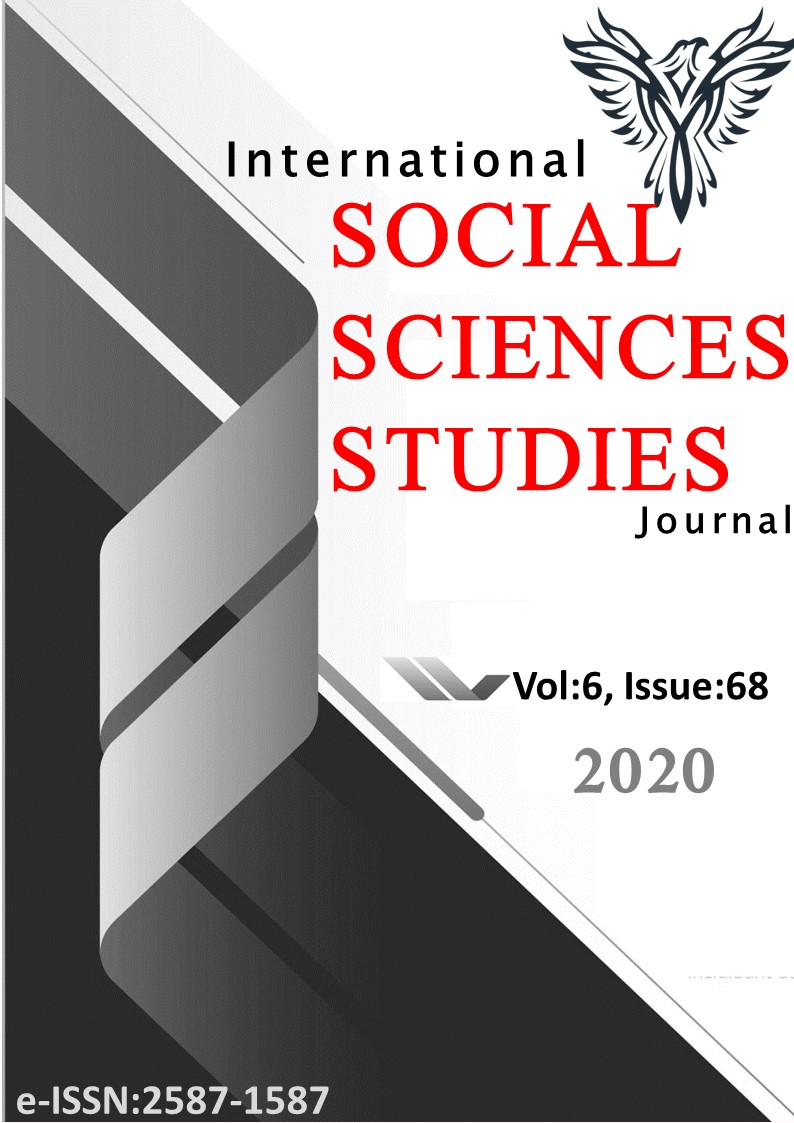Author :
Abstract
Siyasal teoloji, dinin zayıfladığı çağdaş toplumlarda dinselliğin siyasal kurumlarca yeniden üretilme biçimlerini ele alır. Bu bağlamda dinselliğin çağdaş görünümlerine odaklanarak tarihsel-geleneksel dinlerin siyasal niteliklerini ihmal eder. Milli Türk devletindeki din-siyaset ilişkilerini böyle bir ihmale sapmadan Rousseaucu anlamda siyasal teolojik perspektiften değerlendiren çalışma kapsamında İslam’ın, Cumhuriyet’in “sivil din”i haline getirilme girişimlerine değinilecektir. Yeni Türk devletinin kategorik bir İslam karşıtlığı saikiyle hareket etmediği aksine onu milli siyasetin hizmetine sokma amacıyla bir takım politik hamleler gerçekleştirdiği savunulacaktır. Çalışmanın planı içerisinde ilk bölümde tarihsel dinleri siyasal teolojik perspektif içerisinde değerlendiren ve özellikle Mustafa Kemal üzerinde önemli bir tesiri olan Rousseau’nun sivil din kuramına değinilecektir. İzleyen bölümde ise İslam’ın, yeni Türk devletinin sivil dini kılınması adına gerçekleştirilen din politikaları analiz edilecektir.
Keywords
Abstract
Political theology deals with the reproduction of the religiosity by political institutions in contemporary societies where religion has been declined. In this context, it neglects the political aspects of historical-traditional religions by focusing on religiosity in the contemporary sense. However without falling into this kind of neglection, within the scope of the study which evaluates the relations between religion and politics in the Turkish nation-state from the political theological perspective in the Rousseauian sense, the attempts to make Islam as the “civil religion” of the republic, will be mentioned. It will be argued that the new Turkish state did not act with a categorical anti-Islamic motive, but rather made some political moves in order to put it into the disposal of national politics. In the first part of the study plan, theory of civil religion by Rousseau, which has an important influence on Mustafa Kemal, is evaluated. In the following section, the religious policies in order to make Islam the civil religion of the new Turkish state will be analyzed.
